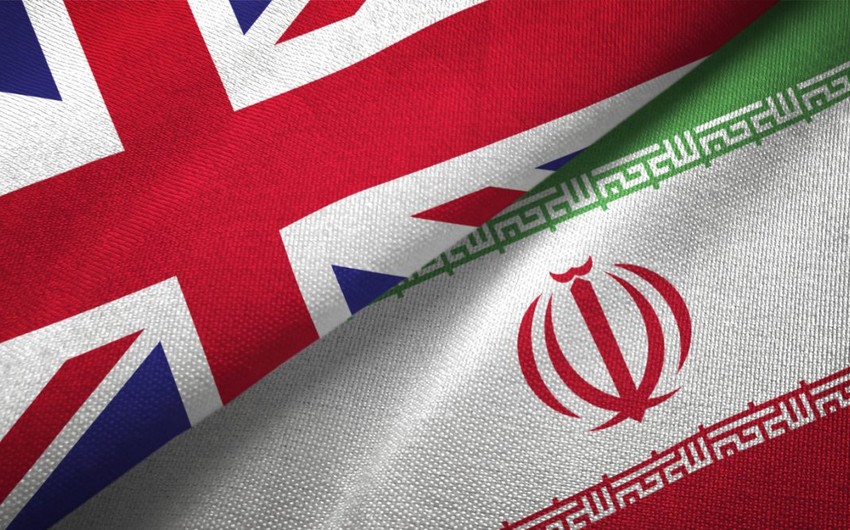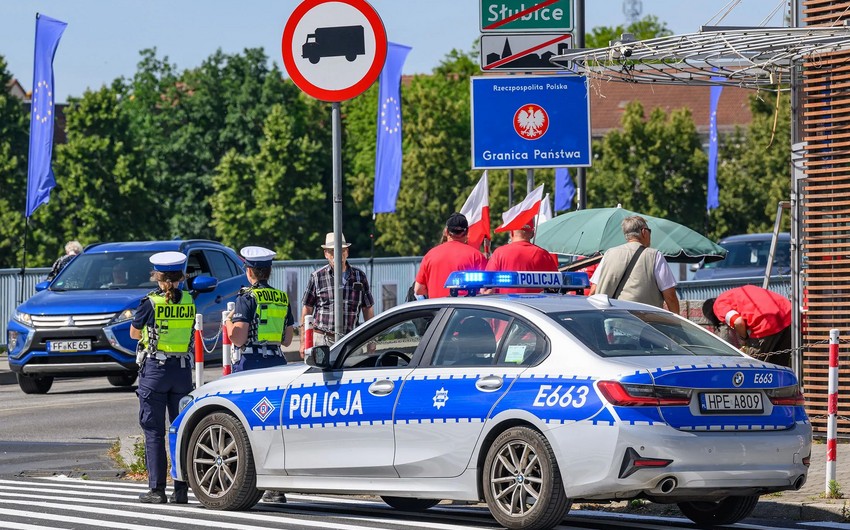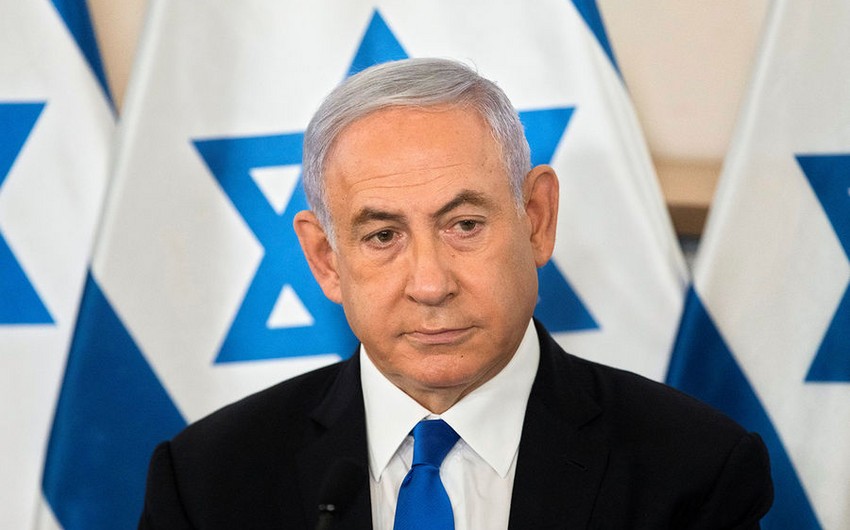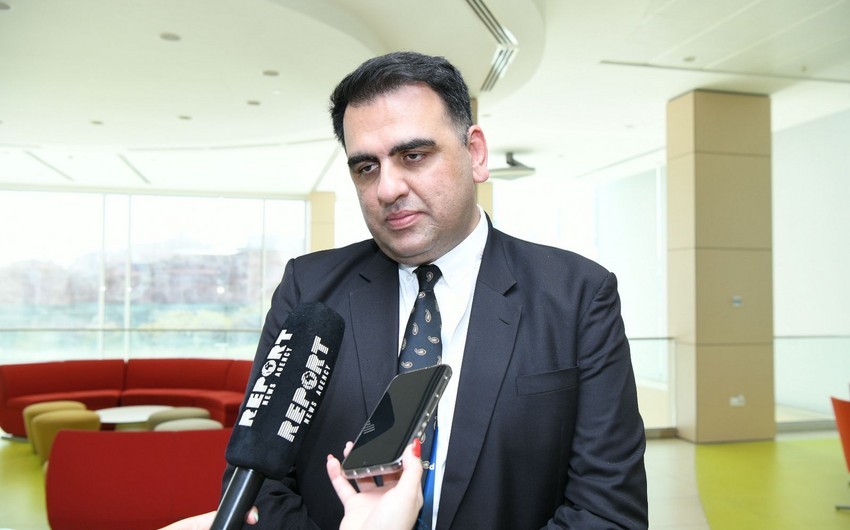Iran is still trying to assassinate dissidents on British soil, a parliamentary report based on classified intelligence is set to warn, EDnews reports, citing The Telegraph.
A study by Parliament’s Intelligence and Security Committee will also show the damage caused by Tehran through cyber attacks aimed at UK companies.
The Telegraph understands the findings will conclude that Iran remains one of the biggest state-based threats to the UK, in the same bracket as China and Russia.
Continued attempts by the Islamic Revolutionary Guard Corps (IRGC), which has been crippled by Israeli assassinations in recent months, to meddle with the UK will also be laid bare.
The report is more than 100 pages long and the result of two years of work. It has been compiled with interviews with Iranian experts at British intelligence services and access to classified documents.
Those familiar with the report’s contents expect it to be a wake-up call for ministers about the persistent threat of Iran and its ability to act within the UK.
Sir Keir Starmer has personally signed off the report. Unlike other parliamentary committees, the group’s work is so sensitive the Prime Minister gets prior sight of conclusions.
It comes at a time of heightened tensions in the Middle East following military action between Iran and Israel, and the US bombing of three Iranian nuclear facilities.
Tehran had issued veiled threats that UK military bases in the Middle East could be targeted if there was British support for the Israeli air strikes that preceded the US bombing.
The Prime Minister ended up not fully endorsing Donald Trump’s military strike, refusing to admit whether it was legal or the right course of action.
In January 2024, the UK Government imposed sanctions on Iranian officials it said were involved in threats to kill journalists.
The Intelligence and Security Committee is expected to conclude in its report that Iran is continuing to make plots against people living in the UK.
Dissidents of the regime on British soil will be singled out as being at risk. Threats of reprisal attacks on the European continent will also be flagged.
The reports will also detail the IRGC’s reach in Britain.
The IRGC was founded as an ideological custodian of Iran’s 1979 revolution but has since morphed into a major military, political and economic force in the country.
There has been a long public debate about whether the IRGC should be formally declared a terrorist group and banned under a proscription process.
Critics of the move, including those inside the Government, argue that it would limit the UK’s ability to talk to and therefore influence senior Iranian political and military figures.
The Intelligence and Security Committee is unlike other parliamentary committees in that all nine members are cleared to read confidential intelligence to help scrutinise the agencies.
Its hearings are held in private. Reports with findings and recommendations are pulled together over a much longer timescale than other committees, with direct involvement from intelligence figures.










